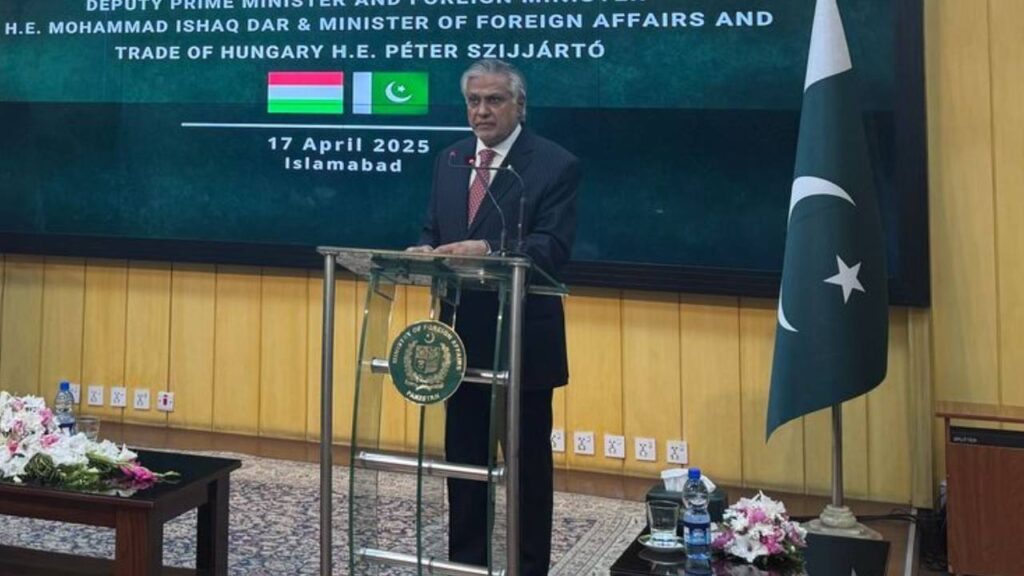Pakistan is on the brink of a financial revolution, stepping into the world of cryptocurrency and blockchain technology with ambitious plans to attract international investment and establish itself as a leader in digital finance. While the country has long maintained a cautious stance on virtual currencies, recent developments indicate a shift toward regulation, innovation, and modernization.
For years, cryptocurrency in Pakistan existed in a legal grey area. The State Bank of Pakistan (SBP) had previously advised banks and financial institutions to stay away from virtual currencies, creating uncertainty for businesses and investors. Despite this, a growing number of Pakistanis engaged in crypto trading through international platforms, prompting the government to rethink its approach. Now, a regulatory framework is finally taking shape, aiming to provide clarity and stability to the industry.
At the heart of this transformation is the Virtual Assets Bill 2025, a ground-breaking proposal that could change the game for blockchain development in Pakistan. The bill introduces Virtual Asset Zones, specially designated areas where businesses and investors will be encouraged to set up crypto and blockchain projects, benefiting from tax incentives and access to surplus renewable energy. By creating these zones, Pakistan hopes to attract foreign companies looking for a regulatory-friendly environment to develop blockchain-based solutions.
The SBP is also playing a crucial role in this shift, with discussions underway to officially recognize digital assets as legal tender. One of the most ambitious aspects of this plan is the potential launch of a central bank digital currency (CBDC). If implemented, this government-backed digital currency could revolutionize financial transactions, offering a secure and regulated alternative to private cryptocurrencies like Bitcoin and Ethereum.
Regulation is not just about modernization—it’s also about compliance with international financial standards. The Financial Action Task Force (FATF) has long pressured Pakistan to tighten controls on digital transactions to combat money laundering and terrorist financing. In response, the federal government has formed a high-level committee to ensure that any new crypto regulations align with global best practices.
The road to crypto regulation hasn’t been without its bumps. The Khyber Pakhtunkhwa (KP) Assembly once took the lead in advocating for cryptocurrency legalization, even passing a resolution to support crypto-mining initiatives. However, political and regulatory hurdles led to the dissolution of the advisory committee overseeing these efforts. This highlights the challenges of implementing crypto-friendly policies across different levels of government.
Despite these obstacles, Pakistan’s long-term vision for blockchain technology remains strong. The government sees cryptocurrency and digital finance as a key driver of economic growth, job creation, and financial inclusion. A well-regulated crypto ecosystem could open doors for Pakistani entrepreneurs, giving them the tools to compete on a global scale.
One of the most vocal advocates for crypto regulation in Pakistan is Bilal bin Saqib, CEO of the Pakistan Crypto Council. Alongside policymakers and industry leaders, he has been pushing for a clear and transparent legal framework that fosters innovation while ensuring security and compliance.
The benefits of embracing blockchain technology are undeniable. With a strong regulatory foundation, Pakistan could attract billions in foreign investment, encourage technological innovation, and create new financial opportunities for its citizens. Blockchain could also be a game-changer for financial inclusion, helping unbanked populations gain access to secure, decentralized financial services.
However, challenges remain. Regulatory uncertainty has made businesses and investors hesitant to fully commit to Pakistan’s crypto market. Concerns over financial crime and cybersecurity risks continue to be a priority for regulators. Additionally, the complexity of blockchain technology requires a workforce with specialized skills, which could slow widespread adoption.
Pakistan’s journey toward cryptocurrency regulation is still unfolding, but the momentum is undeniable. With government initiatives, central bank efforts, and industry advocacy all pushing toward a well-defined legal framework, the country stands at the threshold of a digital finance revolution. Whether Pakistan can overcome its challenges and emerge as a regional leader in blockchain finance remains to be seen—but one thing is clear: the future of finance in Pakistan is digital, and it’s coming fast.
Disclaimer: Opinions expressed in the writing are the author’s own and do not represent the policy of Khabar Kada.










